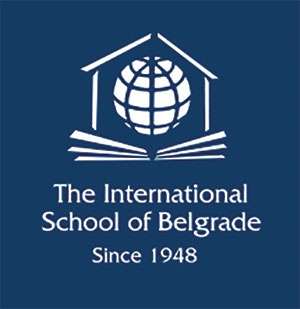At the International School of Belgrade (ISB), we believe that students should have experience of solving real-life problems. Research shows this kind of authentic learning experience makes the learning process more relevant and builds deeper understanding. It also helps students develop entrepreneurial skills and understand the importance of failure.
Students learn to solve real-life problems by researching ideas, designing solutions, pivoting from failure, building models, putting solutions into action and then reflecting on their process. Research clearly shows that this type of real-life, project-based learning has a positive impact on motivation and creates deeper understanding for students.

While working on real-life problems, we have learned that technology applications can help students develop solutions in a virtual space as well as a physical space. For example, 3D CAD software is having a significant impact; allowing students to generate ideas and build them completely within a 3D world. These final designs can be printed using 3D printers and used to construct a final product.
Applications such as Fusion 360 and TinkerCAD are professional tools which are being used to provide students with real-world skills.
Virtual learning spaces have also had a significant impact on student learning. Recently, ISB’s Grade 5 students explored a virtual Chemistry lab using Minecraft Education to experiment with the construction of elements and compounds. This virtual learning experience led to students developing a more profound understanding of chemistry concepts.
Applications such as Fusion 360 and TinkerCAD are professional tools which are being used to provide students with real-world skills
This real-life approach, along with the use of modern interactive applications, helps create a more relevant learning experience for our students. The opportunity to experiment and play with different concepts using innovative tools should not be a replacement for hands-on learning, it should enhance and transform the entire learning experience, allowing students to do and learn things that would otherwise be impossible.